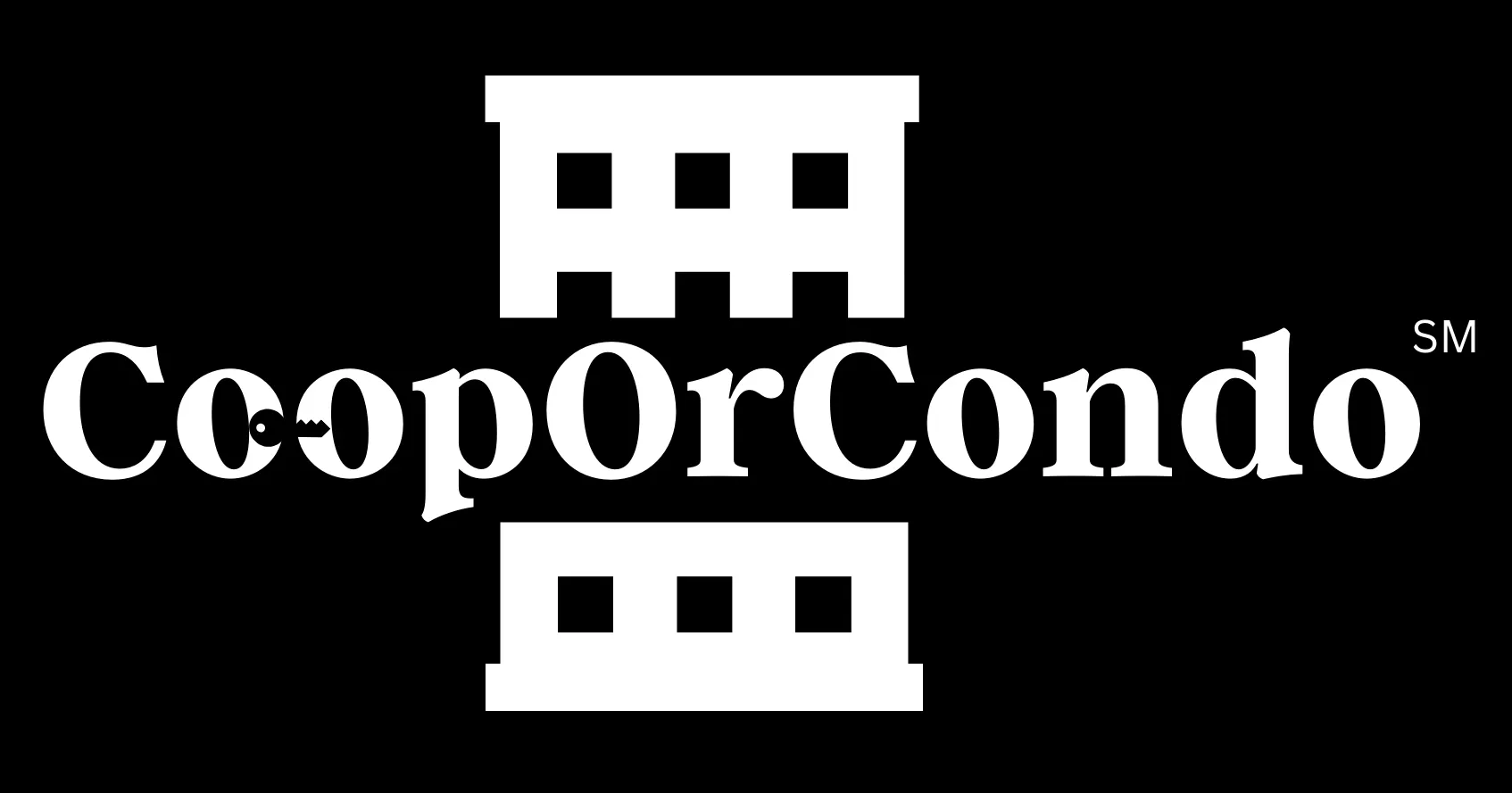Navigating Legal Considerations When Purchasing a Co-op or Condo in NYC
Purchasing a home in New York City, whether a cooperative (co-op) or a condominium (condo), is an exciting but complex process. Alongside the financial aspects, understanding the legal considerations is crucial to ensure a smooth transaction and protect your investment. In this guide, we'll delve into the key legal considerations associated with buying a co-op or condo in NYC, empowering you to make informed decisions and navigate the NYC real estate market confidently.
Understanding Co-op and Condo Ownership
Before we dive into the legalities, it's essential to understand the basic differences between co-op and condo ownership:
- Co-op: When you buy a co-op apartment, you're actually purchasing shares in a corporation that owns the building. As a shareholder, you have the right to occupy a specific unit.
- Condo: When you buy a condo, you're purchasing real property. You own the individual unit and a share of the common areas of the building.
Each type of ownership comes with its own set of legal considerations, which we'll explore next.
Legal Considerations for Co-op Purchases
- Co-op Board Approval: One of the most significant differences between buying a co-op and a condo is the approval process. Co-op boards have strict requirements, including financial disclosures, reference letters, and interviews. Understanding the board's approval process and requirements is crucial before making an offer.
- Proprietary Lease: As a co-op owner, you'll receive a proprietary lease instead of a traditional deed. This lease outlines your rights and responsibilities as a shareholder, including maintenance fees and rules governing the co-op.
- Maintenance Fees and Assessments: Co-op owners pay monthly maintenance fees, which cover building expenses such as property taxes, maintenance, and utilities. Additionally, co-op boards may impose special assessments for unexpected expenses. Understanding the financial health of the co-op and its fee structure is essential.
- Subletting Restrictions: Co-op buildings often have strict rules regarding subletting. If you plan to sublet your unit in the future, ensure you understand the co-op's policies and restrictions.
- Resale Restrictions: Some co-ops impose restrictions on selling your unit, such as the right of first refusal. This means that if you receive an offer, you must first offer the unit to the co-op board or other shareholders before accepting the offer.
Legal Considerations for Condo Purchases

- Condo Association Rules: Similar to co-op boards, condo associations have rules and regulations that govern the building. These rules may cover issues such as noise restrictions, pet policies, and common area usage.
- Common Charges: Condo owners pay common charges instead of maintenance fees. Common charges cover building expenses such as maintenance, insurance, and utilities. Understanding the common charge structure is essential to budgeting for homeownership.
- Condo Declaration and Bylaws: The condo declaration and bylaws outline the rights and responsibilities of condo owners. These documents cover issues such as common area maintenance, voting rights, and dispute resolution procedures.
- Reserve Fund: Condo associations typically maintain a reserve fund for major repairs and maintenance. Understanding the health of the reserve fund is important, as special assessments may be required if the fund is insufficient to cover expenses.
Working with Experienced Professionals
Navigating the legal considerations of buying a co-op or condo in NYC can be daunting, but you don't have to do it alone. Working with experienced real estate professionals, including attorneys and brokers, can help you understand your rights and obligations, negotiate the best terms, and ensure a smooth transaction.

For expert advice on purchasing a co-op or condo in NYC, contact us today. Our experienced team of real estate professionals is here to guide you through every step of the process.
In conclusion, understanding the legal considerations of buying a co-op or condo in NYC is crucial for a successful transaction. By familiarizing yourself with the key legal aspects outlined in this guide and seeking professional guidance, you can confidently navigate the NYC real estate market and make informed decisions.


